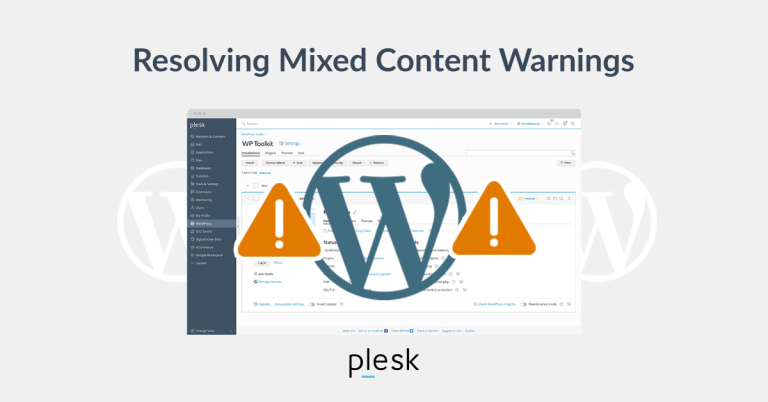Why Your Business Should Consider Public Cloud Hosting
Public cloud hosting is a type of hosting service that allows computing resources to be shared among multiple users over the public internet. It differs from private cloud hosting, where infrastructure and resources are dedicated exclusively to one organization. Public cloud hosting is suitable for various businesses, including startups, ecommerce companies, media and entertainment firms, and large enterprises.
One of the main benefits of public cloud hosting is cost efficiency. Businesses can save on upfront investments for equipment and software and ongoing expenses for an in-house IT staff. Public cloud hosting also offers scalability, allowing businesses to adjust resources based on demand. Additionally, it provides reliability with more uptime than private systems due to its vast network of servers. Lastly, it offers flexibility, enabling businesses to quickly adapt to market changes and seize opportunities.
However, public cloud hosting also comes with some disadvantages. Security concerns and compliance issues may arise as public clouds are on the public internet and shared among multiple users. Additionally, businesses have limited control over how data is stored and managed since the infrastructure is owned by the cloud provider.
When choosing a public cloud hosting provider, consider factors such as the features offered, performance history, cost structure, security measures, customer support, scalability options, and compliance certifications. A reliable provider can help ensure a smooth migration to the cloud and benefit your organization in the long run.
In conclusion, public cloud hosting can be a game-changer for businesses looking to grow without the financial burden of maintaining their own infrastructure. With careful consideration of the pros and cons and selection of a quality provider, public cloud hosting can be a valuable asset for your business.





